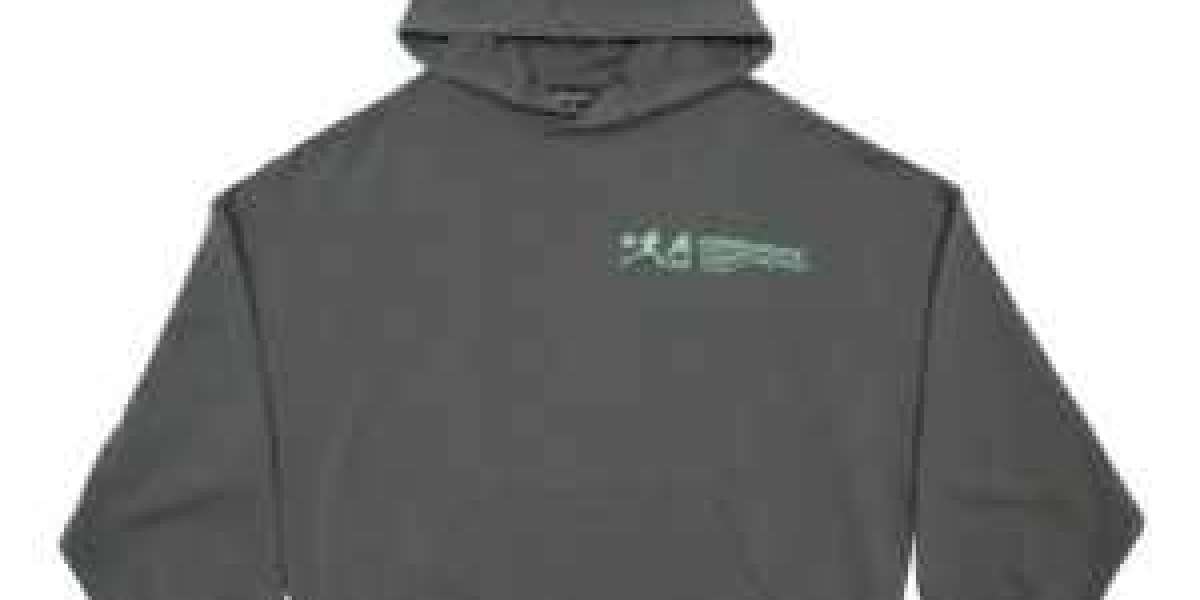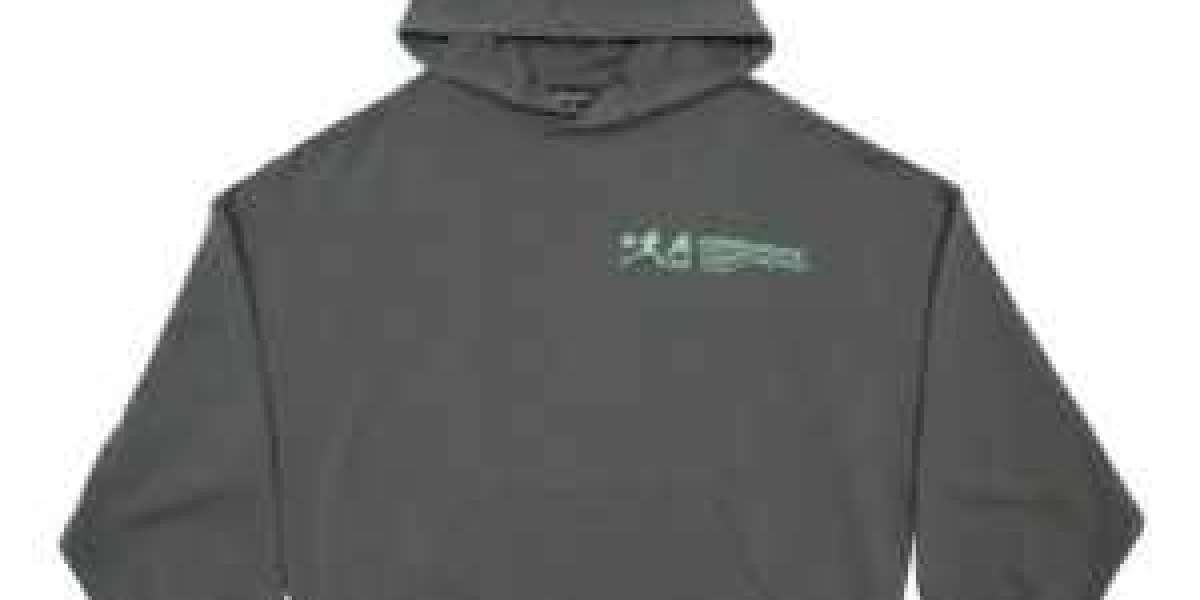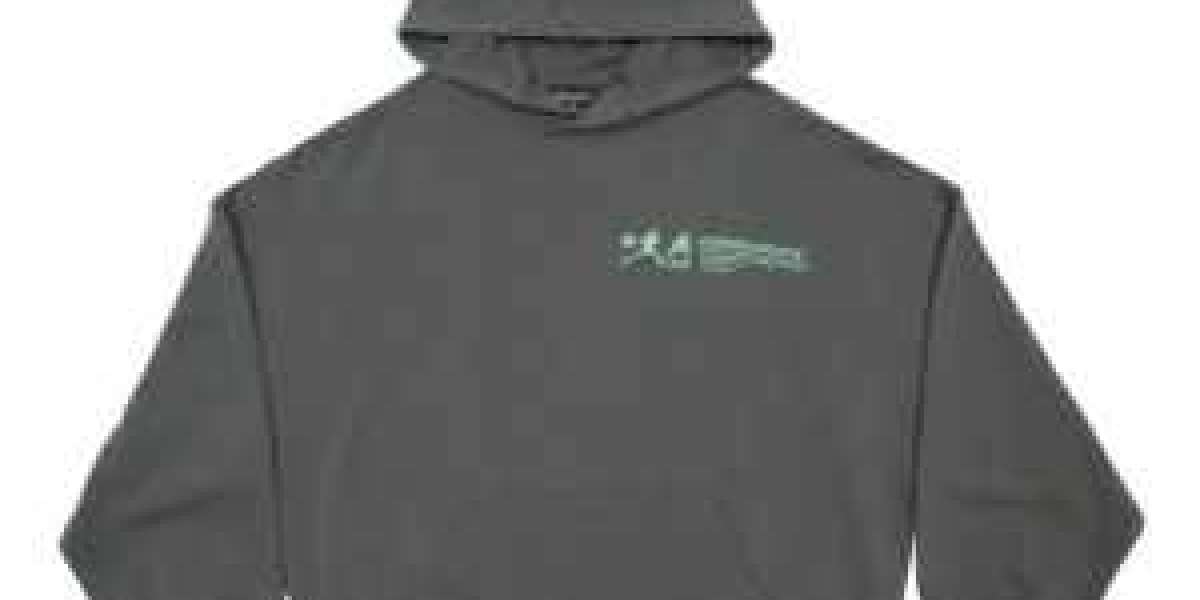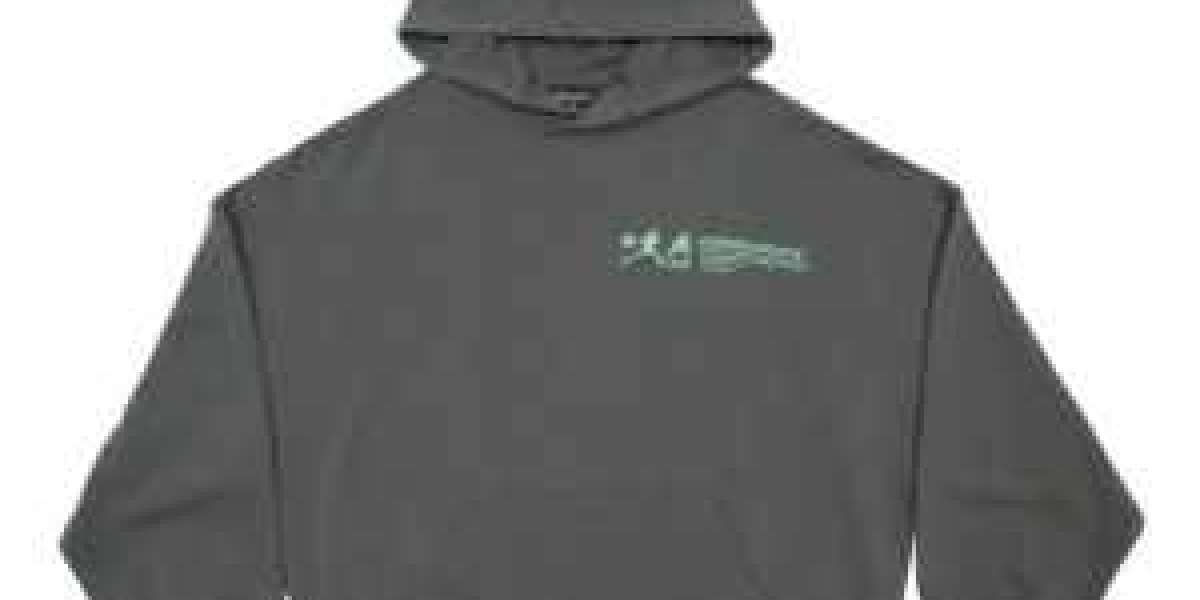FTP Clothing short for “F*ck The Population,” is more than just a fashion label — it’s a movement born from defiance, self-expression, and street culture. Founded by Zac Clark in 2010, FTP has evolved from a small underground project into one of the most influential and controversial streetwear brands in the world. Its raw and unapologetic approach challenges mainstream fashion norms while resonating deeply with youth who crave authenticity and individuality.
The Origin of FTP Clothing
The story of FTP begins in Los Angeles, California. Zac Clark, the brand’s founder, was driven by a desire to create something real — something that reflected frustration with societal corruption, police brutality, and fake consumerism. FTP started as a DIY project, producing limited runs of hoodies, tees, and accessories featuring bold, rebellious graphics. What made it stand out wasn’t just the clothing — it was the message behind it: resistance, rebellion, and freedom of thought.
A Symbol of Anti-Establishment
At its core, FTP represents the anti-establishment mindset. The brand’s message, often conveyed through provocative designs and slogans, criticizes government control, media manipulation, and corporate greed. FTP refuses to conform to traditional marketing tactics; there are no major advertising campaigns or influencer promotions. Instead, the brand thrives on exclusivity and authenticity, releasing limited drops that sell out within minutes.
The Aesthetic and Design Philosophy
FTP’s clothing aesthetic is raw, bold, and minimalist, with a dark color palette dominated by black, white, and grey. Each piece is designed to make a statement — from oversized hoodies and graphic tees to tactical vests, caps, and skate gear. The graphics often feature politically charged messages, distorted typography, and controversial imagery, forcing viewers to think critically. This is not just fashion; it’s a form of social commentary.
FTP’s Influence on Streetwear Culture
FTP has gained a cult-like following in the streetwear community. Fans appreciate not only the brand’s message but also its refusal to “sell out.” FTP collaborates selectively, partnering with brands and artists that align with its rebellious vision. Over the years, FTP has worked with names like DC Shoes, HUF, and Luminox, each collaboration maintaining the brand’s raw edge and underground vibe.
The brand’s influence extends beyond clothing — it has become a symbol of youth discontent, connecting with those who feel alienated by society’s expectations. Its underground nature has made it one of the most respected names among streetwear purists and skaters alike.
The FTP Ethos: More Than Just Fashion
FTP is not about trends — it’s about a mindset. It encourages people to question authority, challenge conformity, and embrace individuality. Each collection tells a story, often inspired by personal experiences, social injustice, or cultural movements. Zac Clark’s vision was never about fame or luxury; it was about creating a platform for those who felt unheard.
FTP also gives back through donations and community support, despite its aggressive tone. Behind the provocative graphics lies a message of unity through rebellion — empowering people to stand up for what they believe in.
The Future of FTP Clothing
As streetwear continues to evolve, FTP Hoodie remains steadfast in its identity. Unlike many brands that lose authenticity as they grow, FTP continues to release limited drops, unfiltered designs, and meaningful messages. With every new collection, it reminds the world that fashion can be more than aesthetics — it can be a voice of protest, power, and purpose.
Final Thoughts
FTP Clothing is not for everyone — and that’s the point. It’s for those who dare to question, express, and stand out. It’s a reminder that streetwear was born from rebellion, and rebellion still runs through its veins. FTP doesn’t just sell clothes; it sells an idea — that individuality and defiance are worth wearing proudly.
In a world of imitation and overexposure, FTP remains a true representation of underground culture — fearless, unfiltered, and forever anti-establishment.











